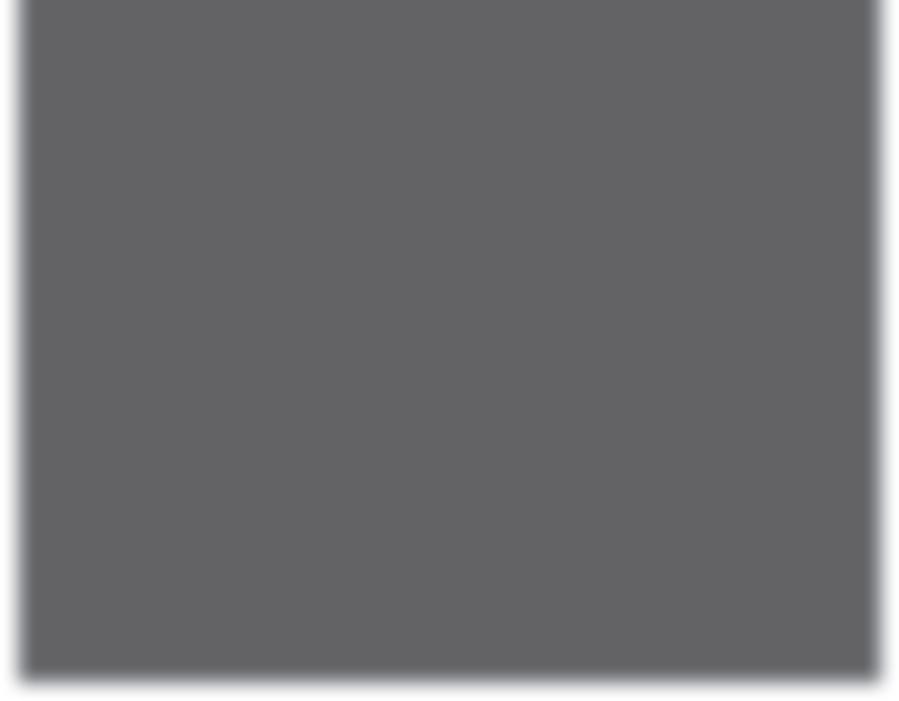
3 minute read
Würth Indsutry North America - Sandy Emry
2021 Women in Engineering




Sandy Emry

Account Application Engineer Würth Industry North America
BS Finance – minor in Business Administration, Illinois State University
Talk about the culture at your company. What makes it inclusive or supportive of women in engineering and automation?
Würth is the largest industrial distributor in the world and very much has a family feel to the business. The culture is based on team, honesty, customer fi rst and employee growth. The entire Würth family is based on each member becoming a better person/ employee. The door is open for anyone to pursue career choices they feel fi ts them best. There is an atmosphere of promoting within, educating employees on new developments both industry specifi c and the business environment itself. Each employee is encouraged to pursue fi elds of interest that best fi t their skill sets. Our engineering team is diverse and includes people of different areas of expertise, experience and education. We all work together to help solve some of the more complicated opportunities.


Sandy Emry began her career in the fastener industry in 2001 as part of a Sales Development Training Program with a fastener manufacturer. She completed the program in seven months and was relocated to Kansas City and became a member of the fi eld sales team working with distributors. In 2016, she became Vertical Team Leader specializing in the Recreational Vehicle market industry. In 2019, she was promoted to Director NA Distribution Sales where she managed a $168M piece of business. In 2020, she began her engineering career with Würth and currently supports two different OpCos at various customers.
Give an example of your involvement in: a design project, a product launch, the development of a new technology.
Throughout the past years, it was a common belief baking electroplated parts with hardness of RC 39+ would alleviate the risk for hydrogen embrittlement. Through extensive testing, the fastener industry has found that baking parts with this hardness after electroplating does not alleviate this risk. So, Würth mandated not selling product with hardness RC 39 or harder that have been electroplated. I have been working with our Quality and Sales teams to identify those parts that are at risk. I then reached out to our customers’ engineering contacts to discuss their corrosion requirements and provide options for a fi nish that will alleviate this serious risk. This project is one I am proud of because I know we are making a big difference, not only for our customers, but in the consumer market as well.
What fi rst drew you to engineering?
I have always been drawn to research and understanding how things are manufactured and the reasoning for all the processes involved. Early in my career, I found it fascinating as to how fasteners are designed and manufactured. Previously, my mind set was “a screw is a screw.” I quickly found out this is not the case. The amount of detail and engineering that goes into the design and production of fasteners is amazing. When working with customers on cost savings/improvement projects, I enjoy seeing how their products are designed/manufactured. I fi nd great satisfaction when I am able to assist with designing a part/fastener that allows our customer to improve their product life, production processes and save money at the same time. I worked with one customer and we managed to consolidate fi ve fasteners into one part and saved our customer tens of thousands of dollars.







